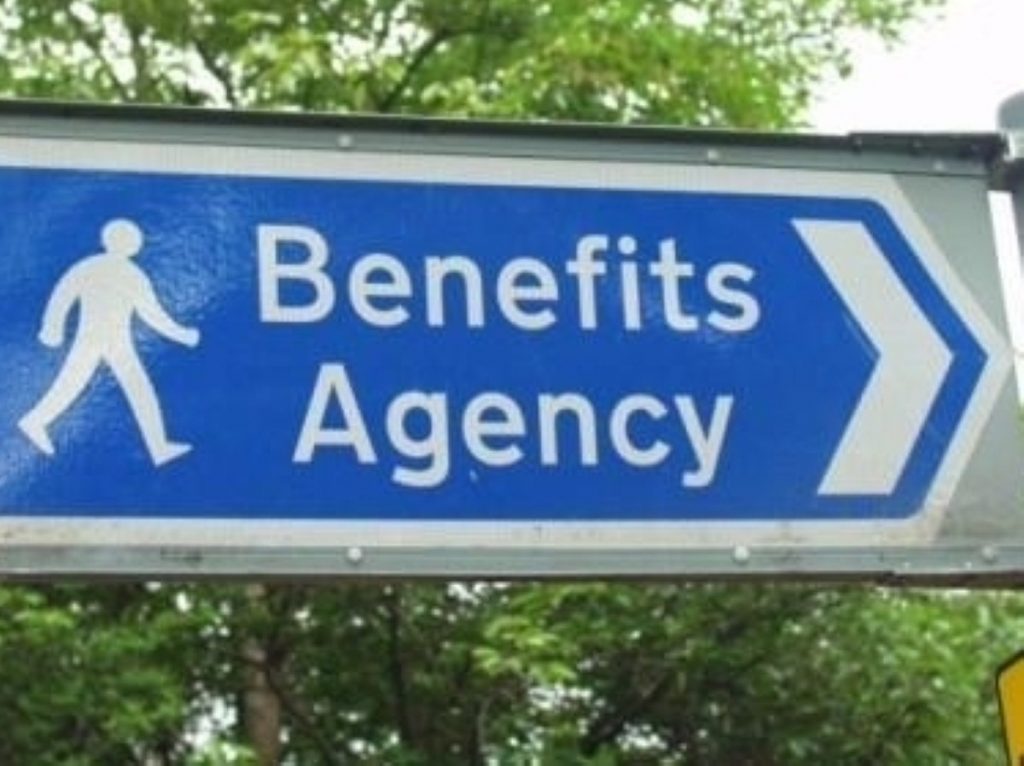IDS laments ‘tragic’ welfare state
Work and pensions secretary Iain Duncan Smith has called the disincentives to work in New Labour’s welfare state a “tragedy”.
But in a speech widely expected to outline in more detail the plans of the new government Mr Duncan Smith chose to focus on outlining the problems rather than the solutions to the benefits system.
The former Conservative leader argued in a speech at his department that too many people are “parked” on inactive benefits.


He said he plans to remove the disincentives for those making the transition from benefits to work but did not specify how officials would do so.
At present, he pointed out, this often involves over 95p of every extra £1 people earn being taken away.
“We have in effect taken away the reward and left people with the risk. That must and will change,” Mr Duncan Smith said.
The government published research today showing that income inequality is at its highest in Britain since records began in 1961. It showed 1.4 million people have been on an out-of-work benefit for nine or more of the last ten years.
Mr Duncan Smith argued that those on benefits who are offered a “relatively low-paid job” will find that the withdrawal of jobseekers’ allowance, housing benefit and council tax benefit mean “for too many people they are left with little more income in work than they received on benefits”.
He added: “Add to that normal costs of travelling to work and the loss of any passported benefits, and you soon start to see why work may not be the most financially sensible option.”
The cost of the welfare system has steadily increased in real terms over the last 30 years. Benefits cost the government £87 billion in 2009/10, compared to just £28 billion at current prices in 1978/9.
“We have in effect taken away the reward and left people with the risk,” Mr Duncan Smith said.
“It is no wonder they are so resistant to finger wagging lectures from government.”
There was a mixed response to the announcement.
Mark Littlewood, director feneral of the Institute of Economic Affairs, said: “The reforms announced in this area are another example of the coalition moving in the right direction, but at an incredibly slow speed.
“Iain Duncan Smith is right to be looking at the perverse incentives in the current system, but with the welfare bill so high, cutting the deficit requires more radical reform.”
Mental health charity Mind responded warned that the programme might worsen the condition of some mentall ill people.
Chief executive Paul Farmer said: “The government has proposed to sanction anyone turning down ‘reasonable offers of employment’, but people should not be forced to accept work that risks damaging their mental health, putting them back on benefits and back at square one.
“Sanctioning people who can’t secure an appropriate job misses the point about why they are locked out of work in the first place.”

